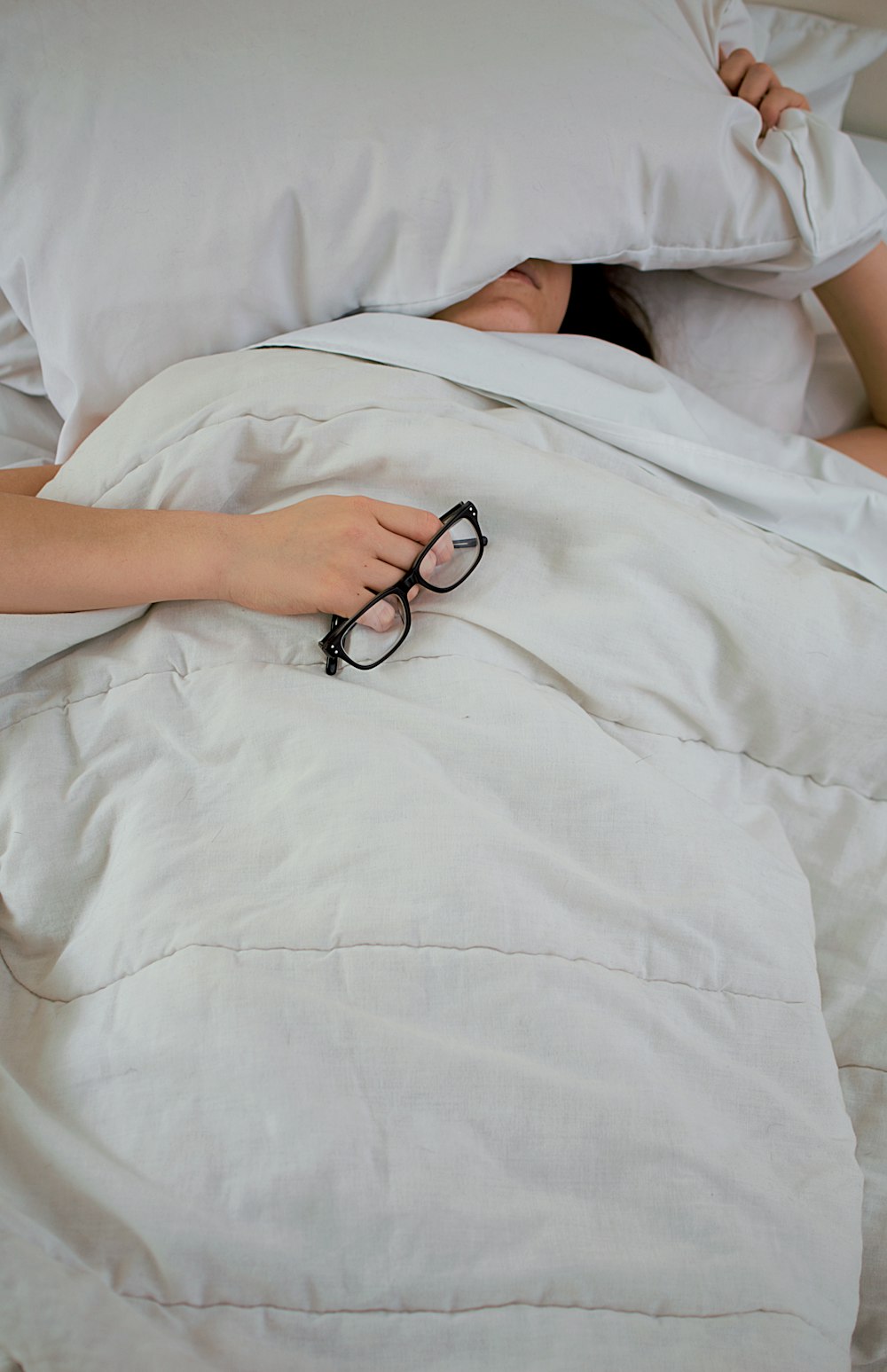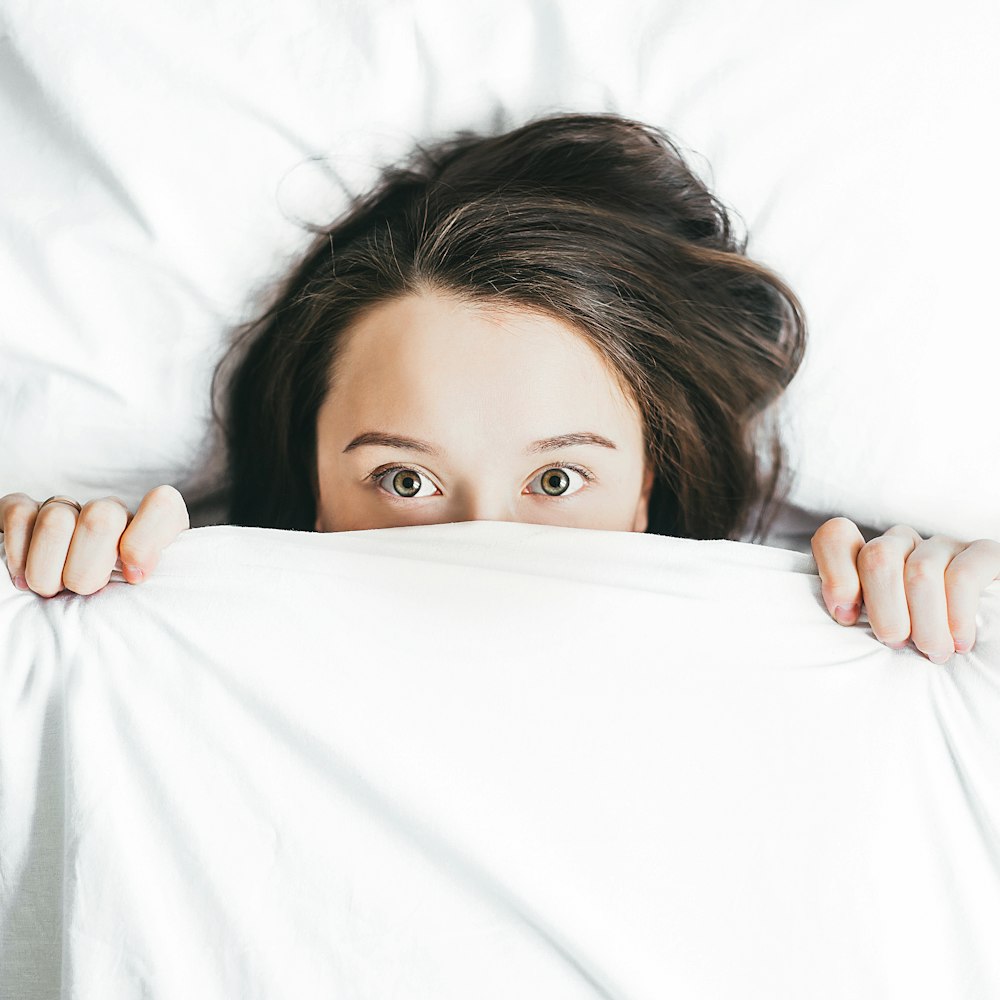
Stress And Sleep Loss Are Related!
Stress is believed to be our body’s response to an overwhelming situation, something which seems too difficult to face or come across. It brings along some negative thoughts which leave us tense and uncomfortable, time and again. When someone is unable to cope with everyday situations and tends to remain excessively worried about it, he/ she is believed to be undergoing stress.
Stess Is A Common Life-Style
Each one of us is familiar with the emotion of stress. Although the form and the severity might vary, we all experience stressful situations now and then. While some of us are better equipped at fighting or warding off the stress triggers, others tend to give in to these overwhelming emotions and the malady of sleeplessness steps in. If you happen to be among a latter lot of people, you are not alone.
Why Are We Stressed?
It is becoming an increasingly common problem among people the world over and is especially rising among children and teenagers.
Factors that cause stress
- Social insecurity
- Inability to meet financial obligations
- A chronic disease
- Lack of emotional support
- Family history, etc
Please note that a little bit of stress may be good for us, as it drives us to achieve better in life on an everyday basis, and keeps us alert and aware.
However, the presence of excessive stress hormones running around in your body over a long period can cause chronic stress. This can even lead to anxiety, irritability, chronic fatigue or even depression, a severe medical condition that can have some irreversible side effects on life.
Too Stressed to Sleep? Seek Help Immediately!
Sleep is the time when we consciously try to shut our minds and give our thoughts a break. Taking a restful sleep not only charges us up physically but also preps us up mentally to take on another stressful day in our life.
However, the same might not be the case with those experiencing excessive stress. Apart from various other health and lifestyle complications, stress is known to seriously affect your quality of sleep. This could lead to sleep disorders, the most common one being insomnia. Stress has been observed to be one of the most common reasons behind the problem i.e. sleeplessness. Other stress-induced sleep disorders include Sleep Apnoea, Narcolepsy, Restless Legs Syndrome, Jet Lag, delayed sleep phase disorders, etc.
Sleeplessness – A Serious Medical Condition
When you are too stressed about something, you generally tend to lose sleep over it. Night after night, the stream of negative thoughts makes it all the more difficult for you to fall asleep in the first place. Even if you do manage to do that, the quality of sleep gets compromised as the thoughts disturb your subconscious mind, making you get up over and again. Waking up exhausted, or feeling tired the next day are some rather common symptoms of sleeplessness. When you fail to get the recommended amount of rest, the following day doesn’t turn out to be as good either. You yearn for some good night’s sleep but experience the same difficulty no matter how tired you are. And before you know it, you have already become a part of this vicious circle of stress-induced sleeplessness.
While we may find it okay to acknowledge undergoing a little bit of stress, it is not acceptable to lose your precious sleep over it. Sleeplessness is something that would not only make you crankier the next day but also affect your productivity, your relationships and your overall quality of life. If you wish to lead a wholesome, healthy and hearty lifestyle, you need to get a good night’s sleep, night after night. The solution? You need to De-stress and take to natural support for sleeplessness.
Addressing Stress For Better Sleep
Start with some self-help tips you could use to be able to sleep better at night.
- Meditation
- Simple breathing exercises
- Indulging in physical activity during the day
- A relaxing bedtime routine
- Restricting the overall intake of caffeine and alcoholic beverages
- Improving day time habits, etc
And also, to be able to sleep better, you need to address the problem of stress. You can always talk to someone, or see a specialist if you feel the problem is serious.
Watch Video: Ayurveda Tips For Insomnia (Loss Of Sleep)
About the Author:
Dr Sonica Krishan is Author and Speaker in the areas of Healthy and Joyous Living through Ayurveda, Meditation, Yoga and other Contemplative practices. She is a leading Ayurveda Professional in India. She is also Health Writer, Columnist, Editor, Ayurveda Consultant and Holistic Healing Coach. Dr Sonica is open for National as well as International Collaborations with interested people / institutions in fields of Ayurveda, Meditation and Yoga.
Dr Sonica Krishan’s Books are available at Amazon
Related Posts:
WHEN SLEEPLESSNESS HAMPERS YOUR PRODUCTIVITY
Ayurveda Understanding Of Insomnia



You should take part in a contest for probably the greatest blogs on the web. I’ll recommend this web site!